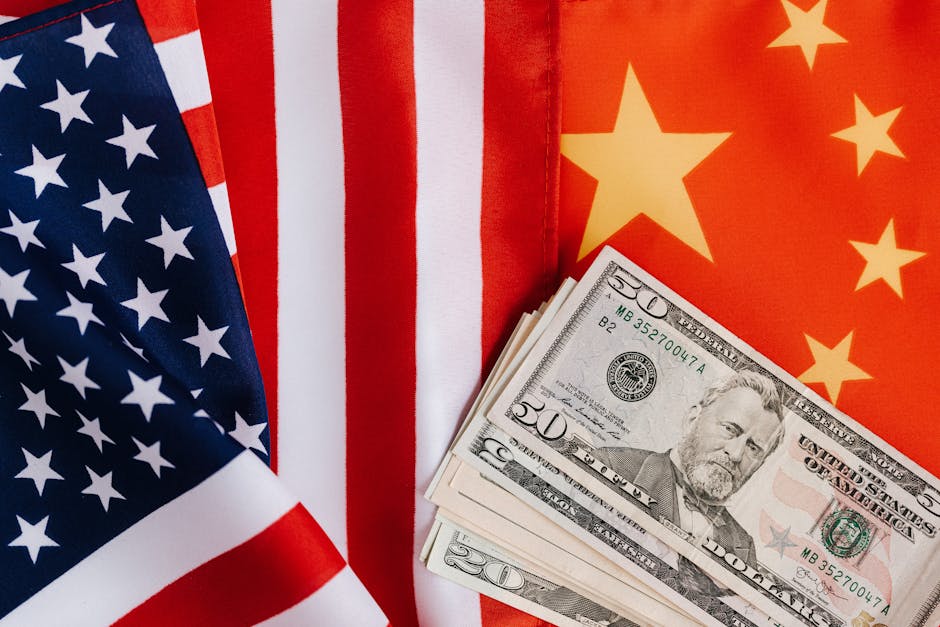Import Solar Panels From China
As the world shifts towards renewable energy, solar panels have become a popular choice for both residential and commercial energy solutions. Importing solar panels from China can be a smart move, given the country’s dominance in solar panel manufacturing. This article will guide you through the process of importing solar panels from China, covering everything from understanding the market to navigating regulations and ensuring quality. Let’s dive in!
Understanding the Solar Panel Market in China
China is the largest producer of solar panels globally, accounting for a significant portion of the world’s supply. Understanding the market dynamics is crucial for anyone looking to import solar panels.
- Manufacturers: China is home to numerous manufacturers, ranging from small factories to large corporations. Some of the most well-known brands include Trina Solar, JinkoSolar, and Canadian Solar.
- Types of Solar Panels: The main types of solar panels produced in China are monocrystalline, polycrystalline, and thin-film panels. Each type has its advantages and disadvantages, so it’s essential to choose based on your specific needs.
- Pricing: Prices can vary significantly based on the type of panel, manufacturer, and order quantity. Generally, bulk orders lead to better pricing.
Steps to Import Solar Panels from China
Importing solar panels involves several steps. Here’s a straightforward guide to help you through the process:
1. Research and Identify Suppliers
Start by researching potential suppliers. You can use platforms like Alibaba, Made-in-China, or Global Sources to find manufacturers. Look for suppliers with:
- Good reviews and ratings
- Experience in exporting solar panels
- Certifications such as ISO 9001 or IEC standards
2. Request Quotes and Samples
Once you have a list of potential suppliers, reach out to them for quotes. Be specific about your requirements, including:
- Type of solar panels
- Quantity
- Shipping terms
Request samples to evaluate the quality of the panels before making a bulk purchase.
3. Verify Supplier Credentials
Before finalizing your order, verify the supplier’s credentials. This can include:
- Checking business licenses
- Requesting references from previous clients
- Conducting a factory visit if possible
4. Negotiate Terms
Once you’ve selected a supplier, negotiate the terms of the deal. Key points to discuss include:
- Price per unit
- Payment terms (e.g., deposit, balance upon delivery)
- Shipping and delivery timelines
- Warranty and after-sales support
5. Place Your Order
After agreeing on the terms, place your order. Ensure that you have a written contract that outlines all the details to avoid misunderstandings later.
6. Arrange Shipping and Customs Clearance
Shipping solar panels from China involves logistics and customs clearance. Here’s what to consider:
- Shipping Method: Choose between air freight (faster but more expensive) and sea freight (cheaper but slower).
- Customs Documentation: Ensure you have all necessary documents, including the bill of lading, commercial invoice, and packing list.
- Customs Duties: Be aware of any import duties or taxes that may apply in your country.
7. Quality Inspection
Before the panels are shipped, conduct a quality inspection. This can be done through third-party inspection services that check for:
- Panel quality and specifications
- Packaging and labeling
- Compliance with international standards
Regulations and Compliance
Importing solar panels is subject to various regulations. Here are some key points to keep in mind:
- Import Licenses: Check if you need an import license in your country.
- Standards Compliance: Ensure that the solar panels meet local standards and certifications.
- Environmental Regulations: Be aware of any environmental regulations related to solar panel disposal and recycling.
Ensuring Quality and Performance
Quality is paramount when it comes to solar panels. Here are some tips to ensure you receive high-quality products:
- Certifications: Look for panels that have certifications from recognized bodies, such as UL, TUV, or IEC.
- Performance Warranty: A good warranty (typically 25 years) indicates the manufacturer’s confidence in their product.
- Testing Reports: Request testing reports that demonstrate the panels’ efficiency and performance under various conditions.
Cost Considerations
When importing solar panels, it’s essential to consider all costs involved. Here’s a breakdown:
- Product Cost: The price of the solar panels themselves.
- Shipping Costs: Costs associated with transporting the panels from China to your location.
- Customs Duties: Taxes imposed by your government on imported goods.
- Insurance: Consider insuring your shipment to protect against loss or damage.
Common Challenges and Solutions
Importing solar panels can come with its challenges. Here are some common issues and how to address them:
- Language Barriers: Use translation services or hire a local agent to facilitate communication with suppliers.
- Quality Issues: Always conduct inspections and request samples before placing large orders.
- Shipping Delays: Plan for potential delays by allowing extra time in your project timeline.
Conclusion
Importing solar panels from China can be a rewarding venture, providing access to high-quality products at competitive prices. By following the steps outlined in this guide, you can navigate the complexities of the import process with confidence. Remember to conduct thorough research,




